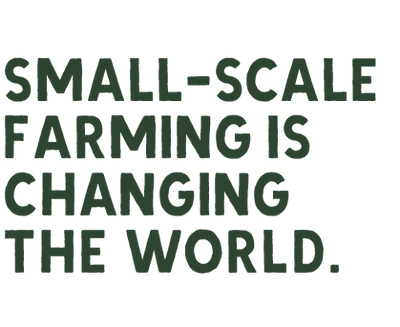Born in Quebec, Olivier Roberge lives and works in Montreal as a trained artisanal woodworker. Using methods drawn from model making, he builds miniature sculptural landscapes that encapsulate an entire universe (such as a farm). With an interest in uniting forms and subjects that are often, by nature, kept separate, his work questions both our relationship to nature and to our understanding of the world.
***
Were you surprised by the connection we made between your process and our magazine?
Not at all! In fact, I’d been wanting to explore this way of illustrating articles with my work for a while. When you approached me for the collaboration, it seemed entirely natural for me to accept.
I’ve noticed a renewed appetite for miniatures in the last few years due to the fact that online platforms lend themselves well to these types of visuals. With modern image editing software, it’s become increasingly difficult to separate what’s real from what isn’t, and yet, I believe it’s gratifying for viewers to be able to do so. It allows them to become fully immersed in the story the image is telling. In other words, documentary photography tells us, “Here is reality” - which is deba-table - while the photography of miniatures prefers to start with, “Once upon a time…”

Do you see similarities between your art and small-scale farming?
Beyond the obvious - that is, scale, or the representation of the miniature in my art - I’d add that natural materials are a constant in my work, and were mobilized as the basis for this project. In spite of the ample greenery, the viewer’s attention is drawn first and foremost to the characters. It was clear to me that people would be at the heart of the subject for this collaboration.
"It was clear to me that the notion of community would be at the heart of this collaboration.”
When I’m creating a new piece, I typically use my desire to recreate certain natural elements within a given landscape as a starting point. This time, however, I decided to work backwards. I began by looking for figurines that could illustrate the workers in the garden, and the diorama’s natural components developed around them. Though my work is about people, I often consider their presence optional. More often than not, I use human beings to give pieces scale. Again, things were different in this case: I wanted people to be the focus of the viewer’s attention. But I also wanted the “people” in the piece to be a negligible part of a whole that is greater than them, a whole that goes beyond the limits of the camera’s frame.
If I can allow a parallel, I believe that my reality as a self-employed person is much more closely connected to small-scale farming than my work itself. Much like a farmer, I must constantly be able to adapt to change and face life’s unforeseen circumstances. The world of art, too, has its cycles and seasons - production, distribution, fallow, and so on. To survive and continue to make a living from our art, we [artists] must stay curious and maintain an interest in the methods from the past, as well as those of tomorrow. We cannot take anything for granted, and more importantly, must continue to enjoy what we do.

What inspired you to create this piece for our cover?
I’m fascinated by the narratives people build around themselves to give their lives meaning, and I’m most interested in the stories that tackle and describe the human relationship to Earth.
In terms of small-scale agriculture, this idea of “freeing up land” in order to leave more room for nature to grow, free of human control, really speaks to me. That’s why the image I created for the cover of this magazine represents cultivated land surrounded by an abundant natural landscape. I don’t worry about reproducing reality or manufacturing realistic compositions. I create contrasts. I confront ideas. In the case of the cover image, that ethos is the reason the trees and vegetation appear so close to the farmed land, and why the image as a whole can give an impression of disproportion. We live in a world where narratives of inter-pretation can be infinite; therefore, reality does not interest me. Only those who have the audacity to tell new stories do. This story - about small-scale farming - that’s what interests me.

